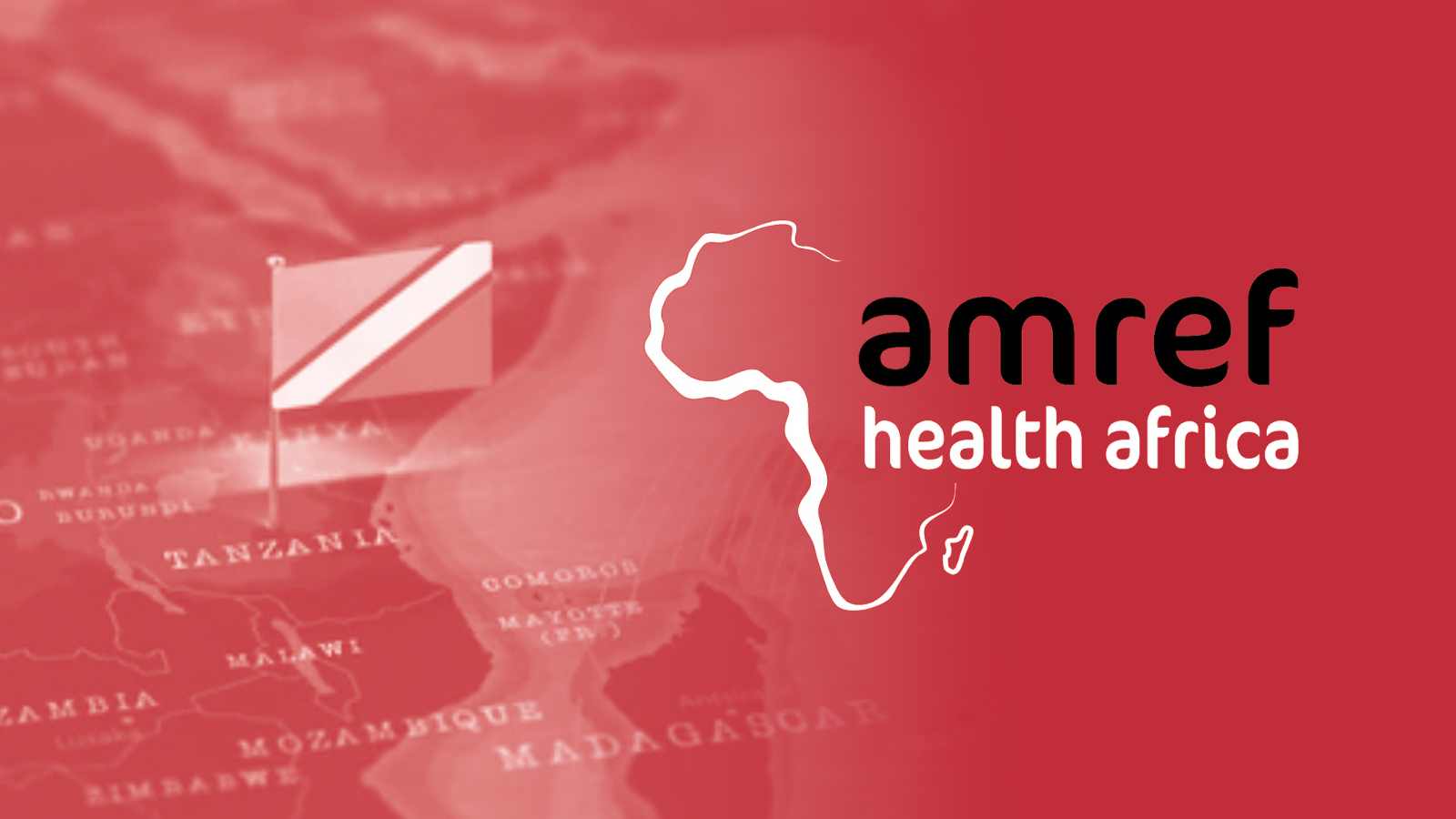
The BAND Foundation, supported by the UCB Innovation for Health Equity Fund, is delighted to announce the selection of Amref Health Africa Inc. as the recipient of a $500,000 grant to pilot a comprehensive epilepsy care project in Tanzania. This initiative marks an important step toward addressing the epilepsy treatment gap in Africa and advancing the integration of epilepsy care into public health systems.
Epilepsy affects over 50 million people worldwide, with 80% of those affected living in low- and middle-income countries. In Africa, the treatment gap exceeds 75%, leaving millions without access to diagnosis, treatment, or support. The recent launch of the WHO’s Intersectoral Global Action Plan (IGAP) on Epilepsy and Other Neurological Disorders has emphasized the urgent need for scalable, evidence-based models to address this gap.
Funding for this project comes from the BAND Foundation and the UCB Innovation for Health Equity Fund. The BAND Foundation is a private family foundation committed to nature conservation and epilepsy care, with a strong emphasis on supporting cutting-edge research and promoting sustainable solutions in low-resource settings. The UCB Innovation for Health Equity Fund aims to improve the quality of life for people with epilepsy in low- and middle-income countries by enhancing awareness, education, and access to care. Together, these funders aim to catalyze impactful projects that narrow the epilepsy treatment gap and improve the lives of those affected by this condition.
To shape and publicize the grant opportunity, a multi-stakeholder advisory group was assembled to develop a request for proposals, clearly outlining the project needs, desired deliverables, and submission guidelines. This group played a key role in refining the scope of the project, ensuring alignment with IGAP objectives, and reviewing applications to select the most promising initiative.
The RFP received significant interest, with approximately ten proposals submitted from organizations across Africa. After a rigorous evaluation process, drawing on the expertise of the advisory group, Amref Health Africa’s proposal was selected based on its strong alignment with the RFP’s objectives and its demonstrated capacity to deliver impactful results. Key selection criteria included Amref’s proven ability to create evidence-based toolkits for integrating specialized care into public health systems, its strategic focus on a locality without prior epilepsy interventions, and its strong partnerships with ministry officials, local implementers, and other stakeholders. Additionally, Amref’s proposal showcased a rigorous evaluation approach, a solid foundation of prior learnings, and a track record of knowledge-sharing and toolkit development to support scaling efforts.
Amref’s pilot project in Tanzania will focus on reducing the stigma, impact, and burden of epilepsy, while improving the quality of life for individuals with these conditions, their caregivers, and families. The project will be implemented over three years and will involve collaboration with the Tanzania Epilepsy Association, Parents Organization for Children with Epilepsy in Tanzania, and the National Institute for Medical Research. By leveraging existing community health structures, the initiative aims to raise awareness, reduce stigma, and provide equitable access to diagnosis, treatment, and support services within a primary healthcare framework. The project’s holistic and sustainable approach to epilepsy care will serve as a scalable model for replication across other regions.
